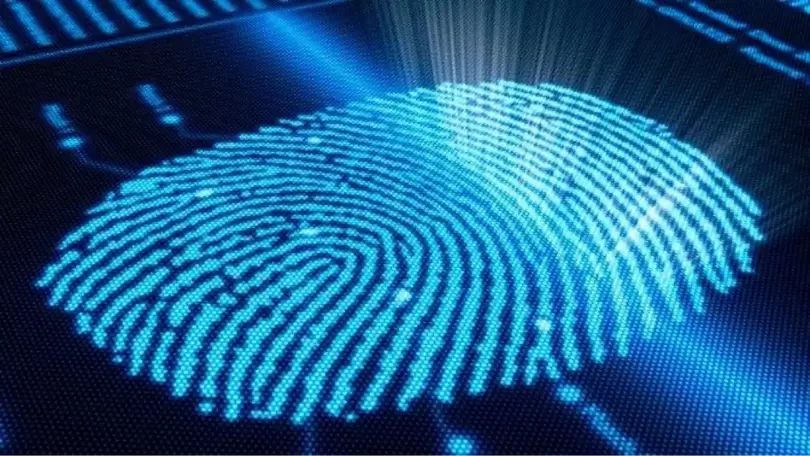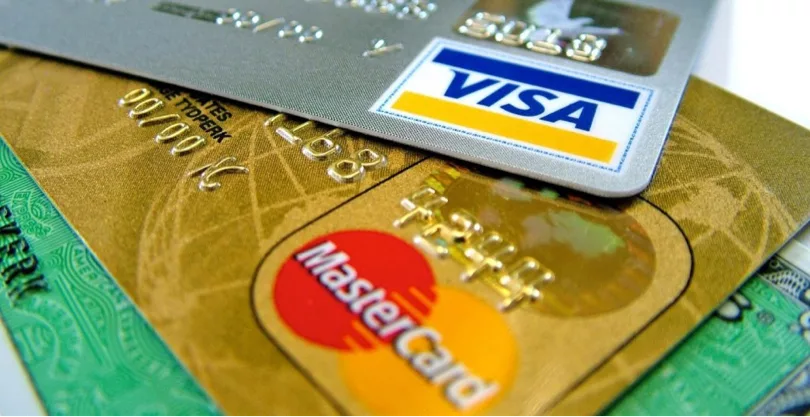Distributed Identity and the Blockchain

With the seventh pick of the 2011 NBA Draft, the Sacramento Kings selected Congolese big man Bismack Biyombo, a raw, talented and presumably very young player. The Kings quickly traded Biyombo to the Charlotte Bobcats, as rumors swirled around the league that Biyombo may be as old as twenty six, far older than his reported age of eighteen.
This is a familiar phenomenon in professional sports, where younger prospects are far more valuable than older ones, and the only check on their honesty – and, more importantly, their agent’s honesty – is the reliability of the recording system in their nation of origin. In Biyombo’s case, the Democratic Republic of the Congo is a heavily forested nation in central Africa with a large rural population has a Birth Registration Rate of 27.8 as of 2013. With 72% of Congolese births unregistered, it is certainly possible that Biyombo is older than he claims, leaving the Kings and Bobcats of the world with little recourse.

For those of us who live in a country where birth certificates are ubiquitous, Mr. Biyombo’s predicament is something from a bygone time. It seems almost hard to believe. But in the near future, our current predicament may seem a lot like Mr. Biyombo’s.
Birth certificates, drivers licenses, and social security cards can be forged; passwords can be hacked; and identification can be faked. Anyone can create a false facebook or twitter account using your name and appearance, and if they can figure out your passwords they can hack into all your online accounts, spend your money, or harm your reputation. If they manage to learn your social security number or forge your government issued documents they can cause you serious and sometimes irreparable financial damage. This information has an active market on the internet, and your identity may have already been traded dozens of times without your knowledge. Distributed identity protocols, particularly those tied to blockchains, can end this risk.
Imagine having all of your identifying information logged onto an immutable ledger, such as the Bitcoin blockchain. This decentralized proof eliminates the need for document based identifiers. This information can be saved into any service, website or app, cannot be lost, and drastically reduces the possibility of identity theft. You can even log your biometric data into these systems, virtually eliminating all identity theft risk, in addition to any effort to prove who you are. Imagine, for example, flying to another country on the other side of the planet without needing to bring cash, a passport, or even a plane tickets.
If you’re simultaneously excited and petrified, you’re not alone. We at Bitt are deeply concerned about this ‘brave new world’ and what it might hold for our individual privacy. If this is not managed properly, and if control of this information isn’t centered around the individual, we could end up in a world where all of our private information – from our consumer behavior to where we travel – is accessible to anyone with an internet connection.
Bitt is committed to developing distributed identity systems that protect our users. The idea behind distributed identity is that all of your identifying information is controlled by you. All of this information is broken down, encrypted, and distributed into different systems so that all these little bits of data are scrambled and useless without your authorization.
This may sound like a crazy science fiction movie, but if you’re reading this on a smartphone, pause and consider how that might have seemed just a few decades ago. This change is coming, and its coming soon and whether you like it or not. The future of identification is frightening, and the politics are very uncertain. Bitt is committed to leading us to a future where you own who you are and where your identity is not for sale.




